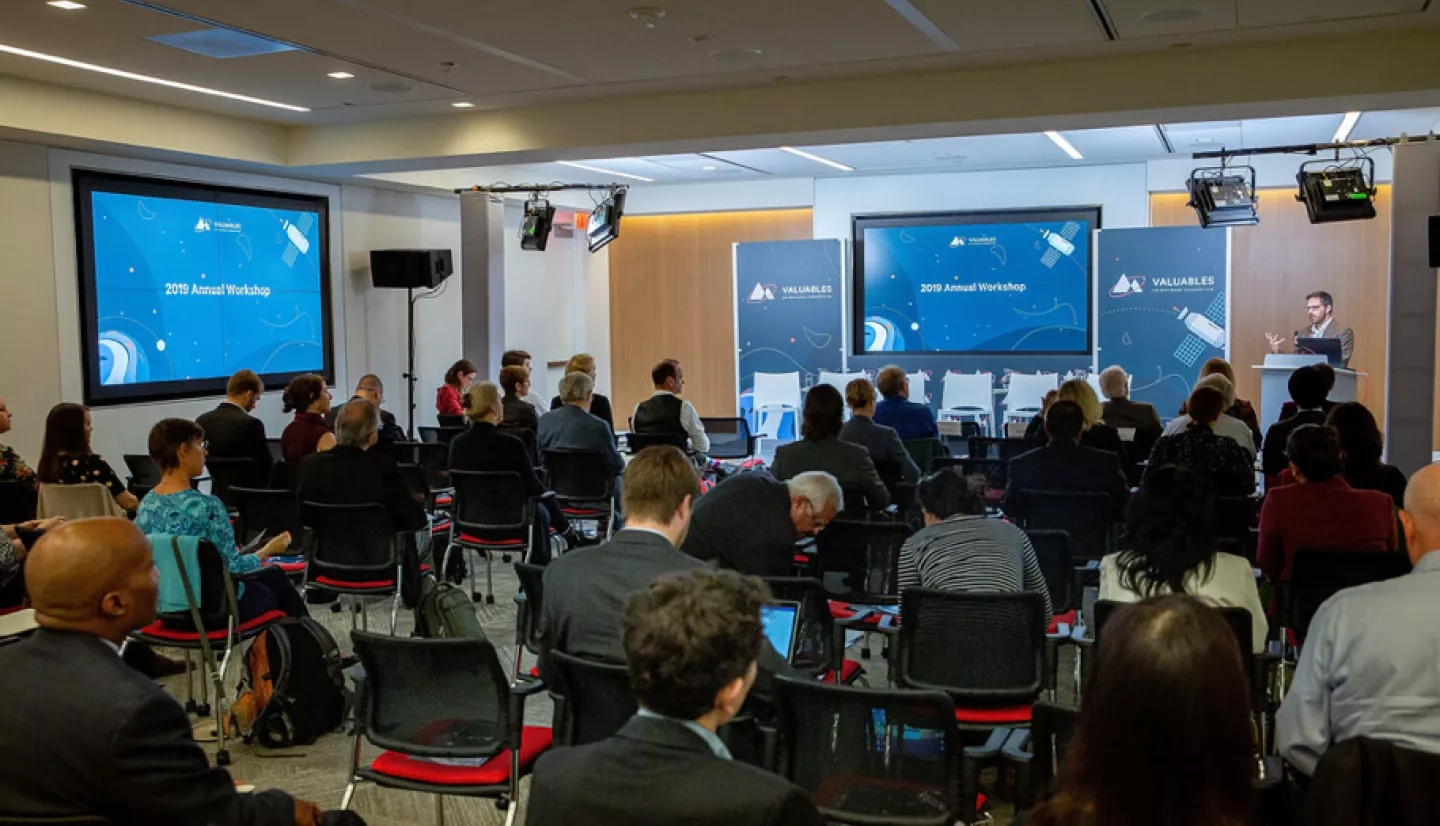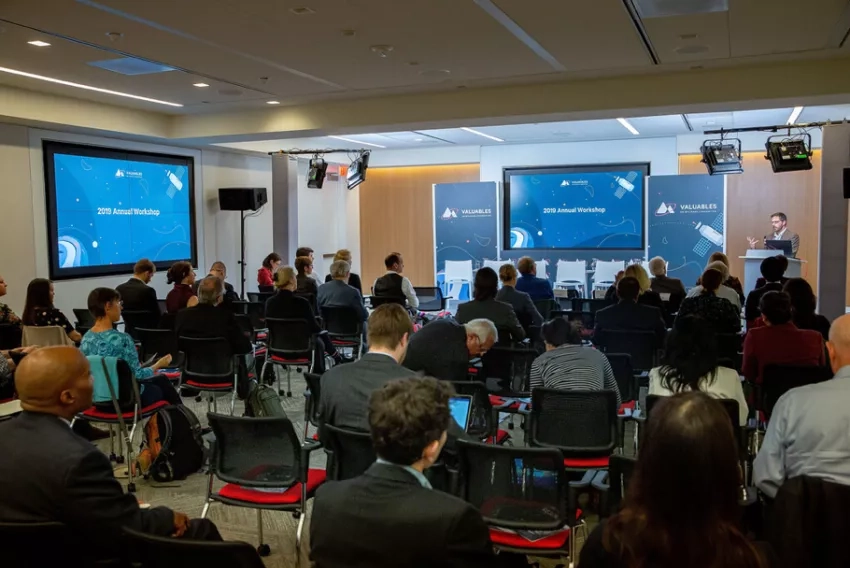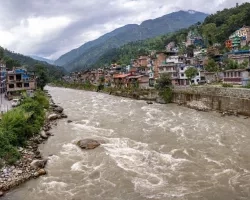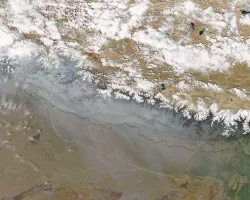Harmful algal blooms and blue whale conservation will be the focus of 2020 studies from the VALUABLES Consortium, a cooperative agreement between NASA Earth Applied Sciences and the nonprofit research institution Resources for the Future (RFF).
VALUABLES conducts case studies that put a dollar amount on the value of Earth observations across a range of different application areas, bringing together social and Earth scientists interested in measuring the benefits of this information and deepening cross-disciplinary relationships.
Highlights from these activities were on display at the group’s annual workshop – a day-long event on October 30, 2019 where NASA experts, Earth scientists, economists and other thought leaders discussed efforts to measure and communicate how satellite information benefits society when people use it to inform decisions.
After an introduction to the consortium and its impact assessment framework, the VALUABLES team presented results from completed and ongoing impact assessments that quantify how using satellite data in decisions about managing health and air quality, water quality, flooding, agriculture, endangered species, and wildfires improves socioeconomically-meaningful outcomes for people and the environment.
Lawrence Friedl, director of NASA’s Earth Applied Sciences Program, reflected on NASA’s original interest in this work and the central role played by growing both the Earth observations impact assessment literature and the interdisciplinary community of people prepared to do that work. He noted that NASA is “interested in having Earth scientists and researchers from academia and elsewhere pair up with social scientists and economists and others to … do more of this type of work.”
Workshop participants also heard from experts at NASA’s Jet Propulsion Laboratory (JPL), the Environmental Protection Agency (EPA) and the U.S. Geological Survey (USGS) on efforts to build a culture of impact assessment within their organizations. Afternoon activities included a presentation on VALUABLES’ impact assessment funding opportunity, “Grants to Assess the Benefits of Satellites;” impact assessments presentations from the wider economics community; and a community discussion session that surfaced creative ideas for incentives and tools to support Earth scientists and economists interested in conducting impact assessments as well as organizational and disciplinary levers for encouraging this work.
Reflecting on the day’s events, VALUABLES Consortium director Yusuke Kuwayama said, “It was inspiring to have so many of our collaborators in the same room connecting with and learning from one another – and a pleasure to welcome new members to the consortium’s community of practice. We’re excited to move ahead with ideas that surfaced during the day’s discussions. And we look forward to staying connected with workshop participants and continuing to grow the community interested in valuing the socioeconomic benefits of satellite information.”
A recording of the VALUABLES workshop and the consortium team’s presentations are available on VALUABLES’s website. A recording of the evening RFF Live panel discussion, “Taking the Pulse of a Changing Planet,” is available on RFF’s events website.




